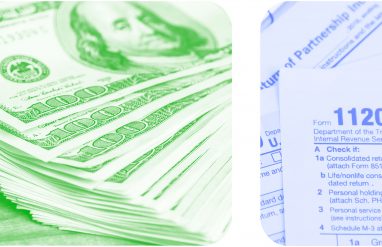A thesaurus is a handy catalog of synonyms full of exciting (astonishing, flashy, lively!) words we can use in our writing. While it’s tempting to grab an electrifying word and go when we look for a synonym, this practice presents some pitfalls.
Every word in the English language has its own particular place, and it’s even possible to claim that there is no such thing as a true synonym.
Search for the word house in Thesaurus.com, and the options include not only home (which we all know has a cozier connotation than house) but also apartment, condo, mansion, and shack. Kennel and pigpen are there too. (Think of the trouble you’d get into if you chose one of these without knowing its definition … yikes!)
To select the best alternative to house, you have to rely on more than just this single listing in the thesaurus.
How do synonyms work?
As users of Thesaurus.com know, the most relevant synonyms are listed first. (So there’s no need to wander into pigpen territory if you don’t know what it means!) But even looking at the most relevant options requires more information: is the house an apartment or a mansion? Here’s where the dictionary can help.
Dictionary.com can be used in conjunction with a thesaurus whenever a selected word or phrase is unfamiliar. For example, let’s look at man. Both guy and gentleman show up as synonyms. By looking at the dictionary entry for guy, you’d realize the word tends to be used informally. That’s a significant difference between the two synonyms.
It’s also important to compare parts of speech. Thesaurus.com has tabs that split up each word by part of speech. If you’re looking up to sleep, make sure you don’t end up with the synonyms for the noun sleep (hibernation, slumber, siesta).
How can a thesaurus improve writing?
A thesaurus can help you find alternatives to common adjectives and nouns. As you start to notice the words you overuse, you can learn their synonyms and how to use them. A thesaurus such as Roget’s groups synonyms in clusters, which can help make a user aware of the fine distinctions between synonyms. Judging by the groupings, it’s obvious that few words are exactly interchangeable.
But this works to your advantage. Using a thesaurus requires you to think beyond basic words. Some verbs are overused and do not provide enough details. Go, do, and have are words we use constantly. I went to the lake does not have the same impact as I escaped to the lake. Escaped isn’t always the right substitute for go, but when it is, it provides a bit of additional information. Similarly, I gripped his hand communicates something different than I held his hand. These synonyms convey different things.
Even though the meanings of two words may be the same or nearly the same, they almost never are the same in connotation, distribution, and frequency. That’s why there’s so much to be gained, and learned, by using the thesaurus.














